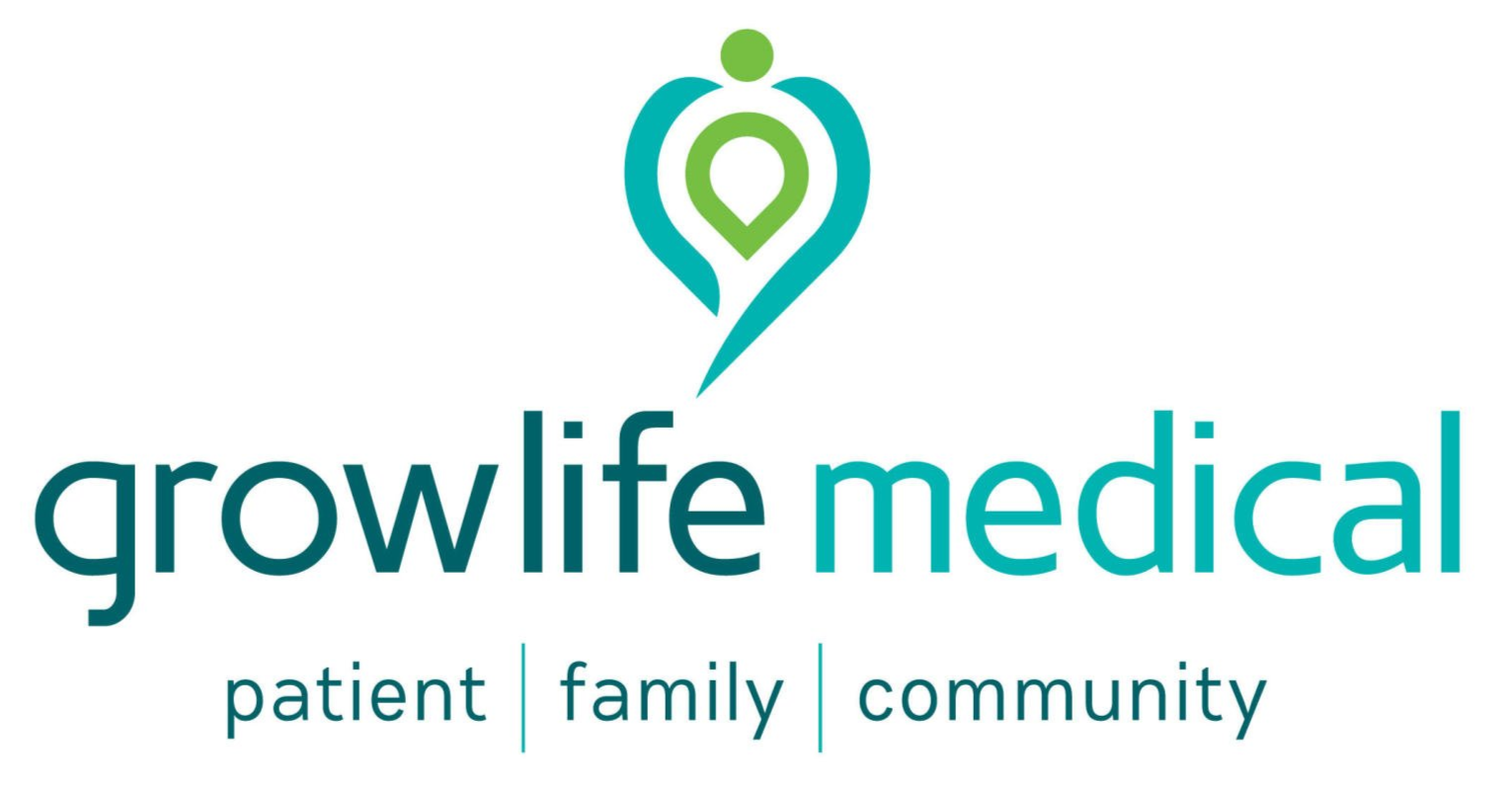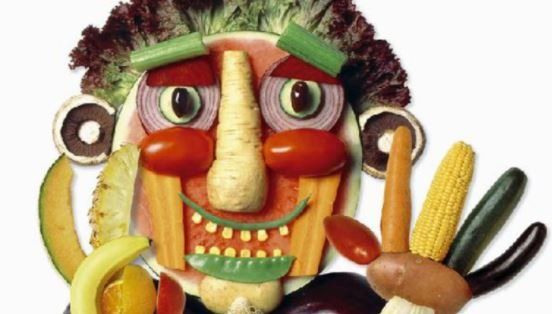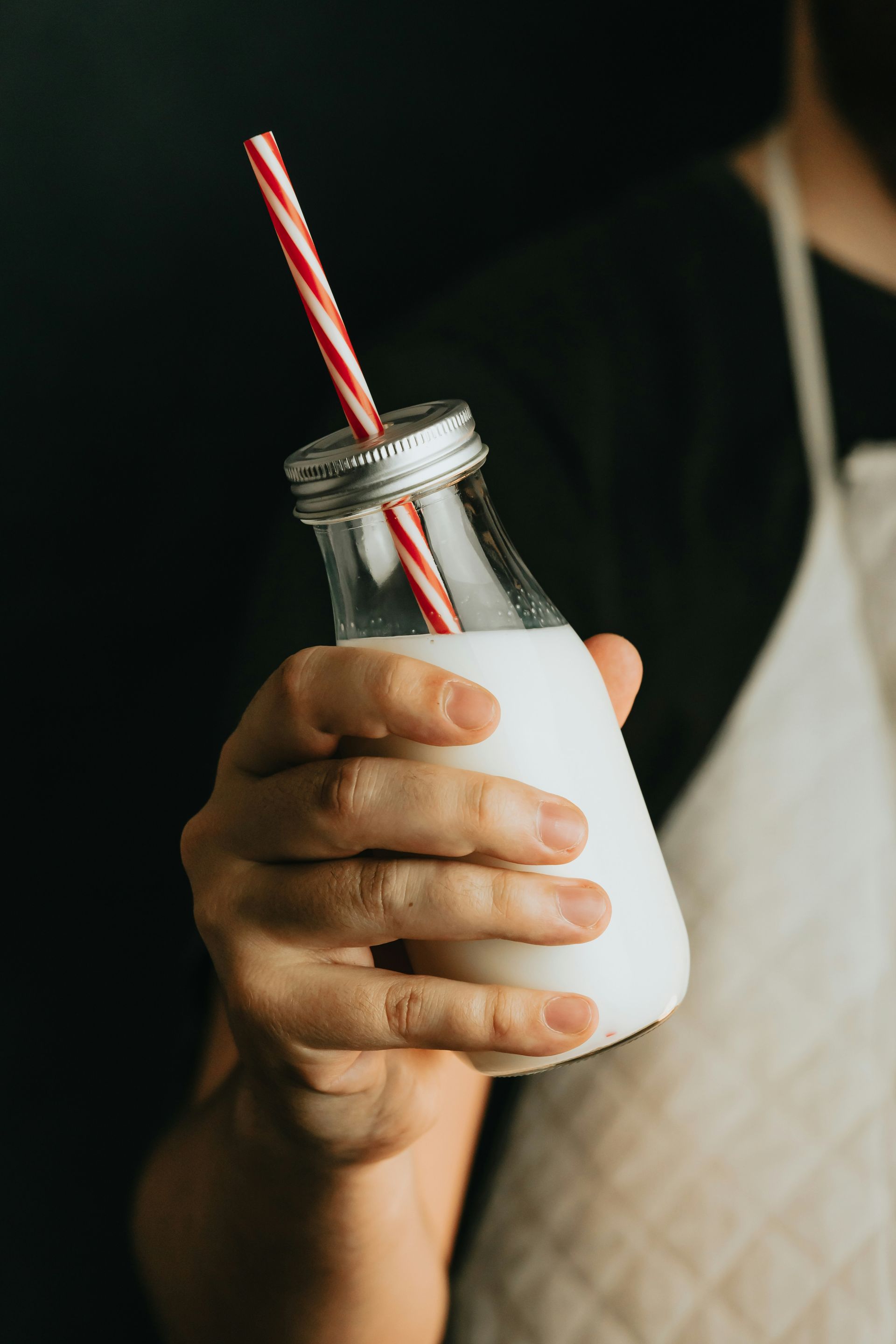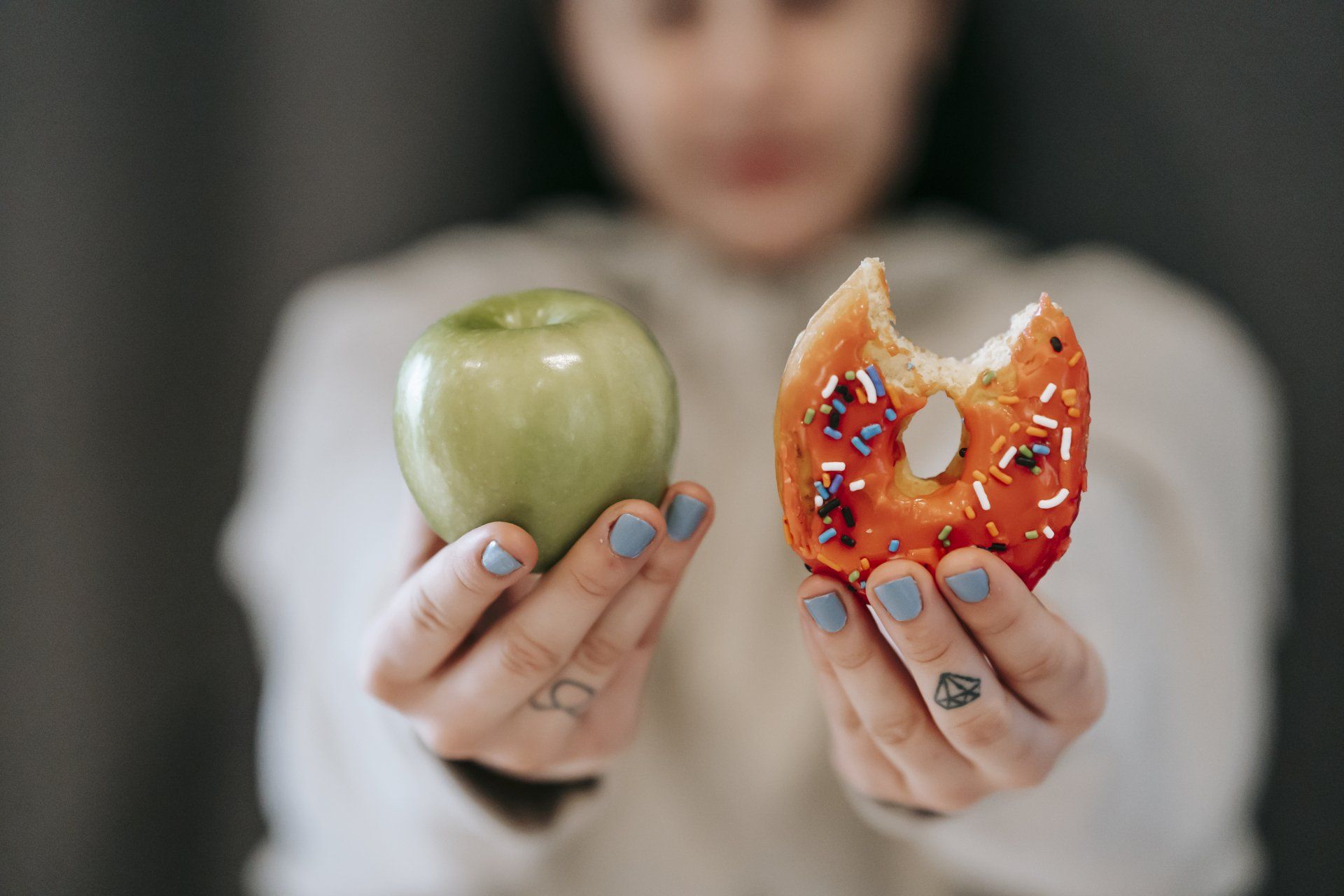Eat your way to better mental health: the connection between food and mood
Have you ever found yourself binging your favourite Netflix series while mindlessly shovelling ice-cream into your mouth after an awful day?
Have you ever stocked up on confectionary items like lollies, chocolate or chips to help you get through stressful times like studying for Uni exams, working long hours or leading up to an important conference?
Have you ever heard of comfort eating, or emotional eating?
If you have answered ‘yes’ to any of these three questions, you are probably already aware there are some connections between our food and mood. So, let's explore this connection in some more detail!
The Gut-Brain Axis
The gut-brain axis consists of bi-directional communication between our brain and our gut. In other words, this means our brain can send messages to our gut (eg. 'Butterflies in your tummy' when you are nervous), and vice versa, our gut can send messages to our brain (eg. the decision to stop eating when you are full). Foods that are good for our gut are shown to have positive effects on our mood and on our brain.
Fibre and the Gut-Brain Axis
Our gut is filled with millions of living organisms - being our gut bacteria! When fibre reaches our gut, it is fermented by these little living bacteria into what's called "short chain fatty acids”, otherwise known as SCFA.
The benefits of eating plenty of fibre are two-fold.
For one, fibre improves satiety and satiation. This means we feel full faster, and we feel fuller for longer. The implications of this can be far-reaching. It can mean we are less prone to over-eating at main meals and can prevent unnecessary or excessive snacking between meals.
Secondly, fermentation of fibre can produce hormones which promote a relaxed mood. What is interesting, is these hormones can be stimulated by having 'comfort food' (eg. chocolate, lollies, ice-cream), but can also be activated by having food which has the substrate- fibre (wholegrains, fruit, and veggies)! Essentially, foods high in fibre can make you feel happy too, because they stimulate the same hormones as comfort food.
Some promising research has been done on the role of dietary fibre in helping those with mental conditions such as depression. So, what can you do?
Top three tips to improve your fibre intake:
1. Switch your white bread to multigrain or wholemeal bread.
- Opt for brown, wholemeal varieties of grain products including crackers, rice, pasta, and bread. If white bread is a non-negotiable for you, don’t worry, you can now get high fibre white bread! Keep an eye out for this on your next grocery shop.
2. Eat the skins of your fruits.
- For fruits like apples, grapes, and pears- eating the skin should be a no-brainer. How about nectarine, orange, watermelon... mango... kiwi fruit... or banana?! I’ll let you decide where you want to draw the line with this one... but yes, people do eat the skin of kiwi fruit.
3. Don’t forget about legumes.
- Chickpeas, black beans, kidney beans, baked beans, brown lentils, red lentils, green lentils, the list goes on....
- The nutritional value of this group of foods is severely overlooked, especially considering how easily they can be integrated into your meals! Next time you use mince, chuck a can of black beans in with it. Next time you have toast, heat up a small tin of baked beans to pour on top. Next time you have a salad, add a tin of chickpeas in with it. Your gut, and your brain, will love you for it.
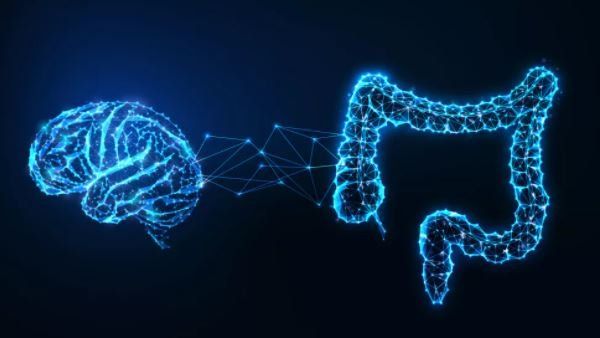
Mindful Eating
Mindful eating is all about focusing your attention and awareness on the present moment to help disconnect from potentially harmful eating habits and behaviours. Put simply, it is the opposite of mindless eating. Research has shown mindful eating to be helpful in preventing over-eating and controlling binge eating behaviours.
Top three tips to practice mindful eating:
1. Eat slowly and chew your food well.
- Think about the taste, smell, and texture of your food. If you have a bit of a reputation for inhaling your meal in the blink of an eye, try putting your utensils down in between mouthfuls.
2. Pay attention to signs of fullness.
- It might be a good idea to stop eating just before you feel full and wait 10-20 minutes before eating again. This is because it takes roughly this amount of time for our stomach to signal to our brain it is full.
3. Remove all distractions.
- It is important to acknowledge your situation prior to eating a meal, and to be present throughout the experience. Try taking three deep breaths before eating to help with this. Avoid eating while walking around, and try to minimise the number of meals you eat in front of the TV- this is where eating can become a mindless behaviour!
All these mindful eating habits are not only good for your body. They can also help you enjoy a meal more by savouring the flavours!
For families, sharing a meal, discussing the day and enjoying your food as you eat is a great way to model healthy eating and healthy social behaviour with your children. Sharing meals together three or more times per week results in children being more likely to have healthy weight, and a reduced chance of disordered eating.
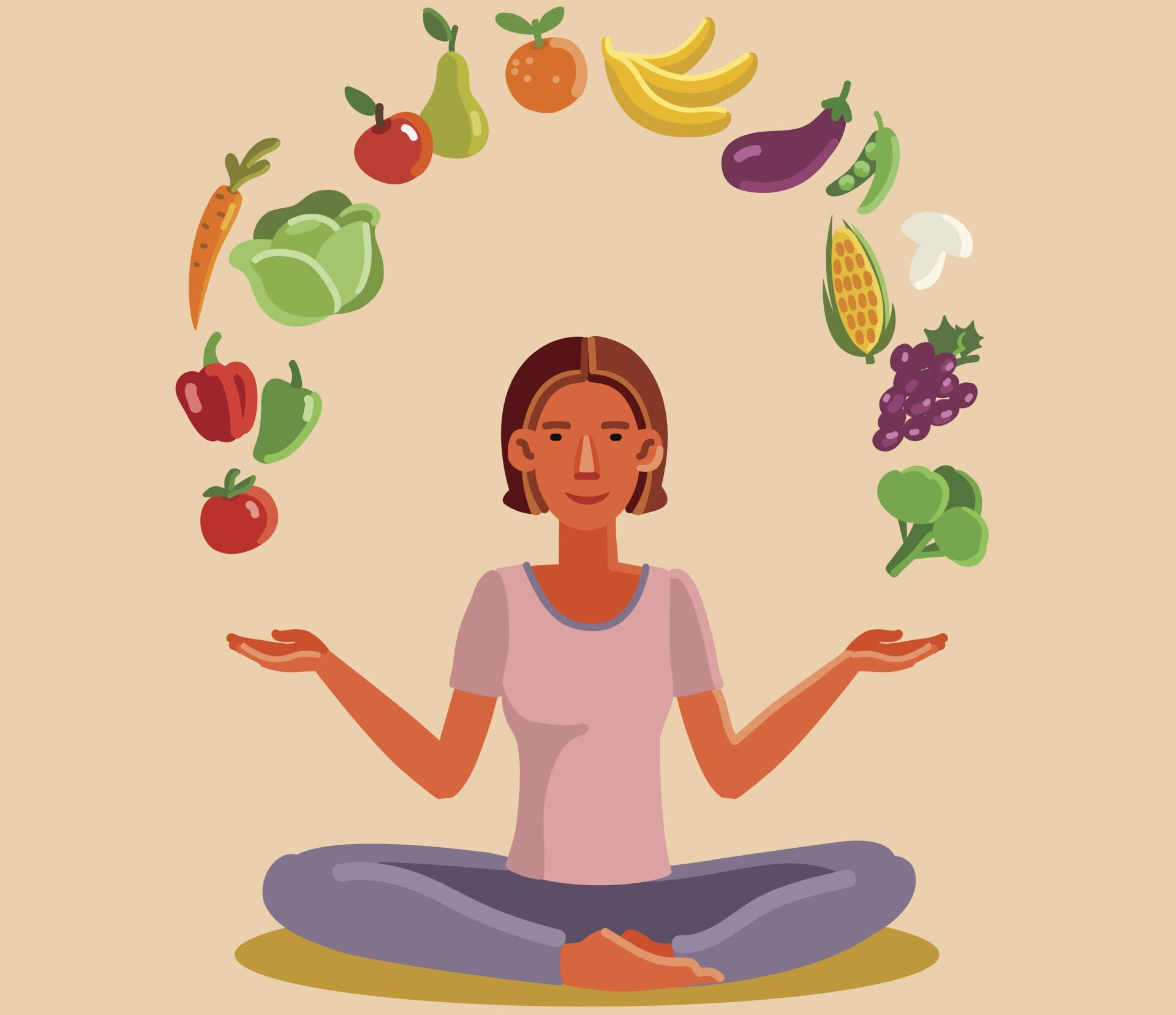
Are there other ways I can optimise my mood through food?
1. Eat regularly: If you do not eat food for several hours, your blood sugar levels will drop. This can make you feel fatigued, irritable, and miserable.
- Make sure you have breakfast every day!
- Instead of having 2-3 big meals per day, try to have 5-6 smaller meals and snacks.
- Prioritise low GI food choices, as these will promote slow and constant energy release.
2. Aim for your 2&5 a day: Fruit and veggies contain all of the important minerals and vitamins our body needs to function optimally, and are also a great source of fibre!
- Frozen fruit and vegetables count (and are nutritionally just as good)! If you are worried about fresh fruit and veggies having a short shelf-life and going to waste, stock up on frozen ones. That way, when your bananas go brown half-way through the week, you have a plan B!
3. Ensure you are eating enough protein: The building blocks of protein are called “amino acids”. These amino acids are important in creating chemicals your brain needs to regulate thoughts and feelings.
- Protein is not just meat! Remember foods such as eggs, tofu, nuts, and yoghurt are also great sources of protein.
- Aim to get a kick of protein every time you eat.
4. Manage your fluid intake: If you do not drink enough fluid, you may find it difficult to concentrate and stay focused.
- Water is a cheap and healthy option- this should make up majority of our daily fluid intake.
- Not all of your fluid intake should be coffee! Caffeine is a stimulant, meaning it can increase activity of your brain, making you feel refreshed and focused in the short-term. However, once its effects wear off, it may leave you feeling anxious or depressed, and may disrupt your sleep. Also, if you are anything like my dad who can’t crack a smile until he has had his morning coffee, I am sure you understand how caffeine withdrawals can make you feel grumpy and put you in a bad mood.
5. Eat the right fats: Your brain needs omega-3 and omega-6 to keep it working well, and these unsaturated fats are essential for learning and memory.
- Great sources of these ‘good’ fats are flaxseeds, chia seeds, salmon, walnuts and tofu.
- Remember, saturated fats (eg. Fried foods) are the ‘bad’ fats that we want to try and minimise intake of!
Want to know more on better mental health via mindful eating?
As always, this information forms generalised advice only and our dietitian is available for those wanting to further explore the connection between food and mood in a more individualised fashion. You can book an appointment today.
If you believe you are developing or showing signs of an eating disorder, please book an appointment with your GP or psychologist for further support.
If you are unsure where to start,
book an appointment with a Growlife GP.
Other Child Health Articles


